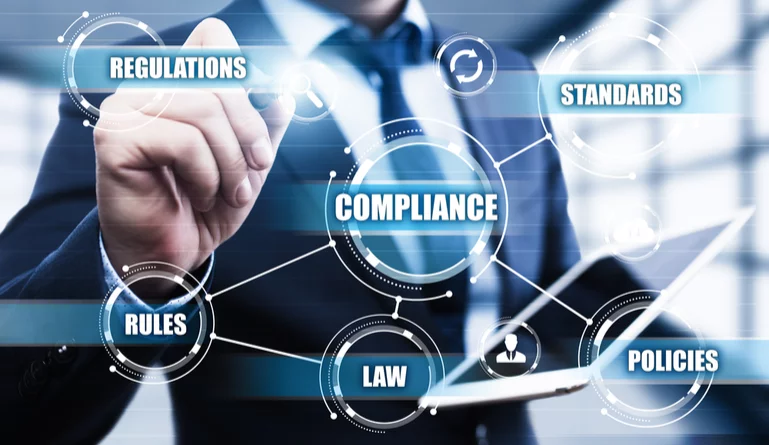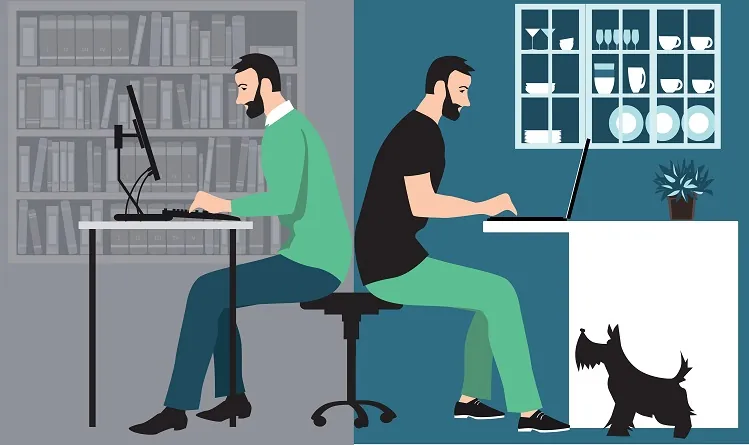Business is about more than finding clients or building up a portfolio of products and services. Starting a business (and staying in business) requires that organizations follow many complex and important laws, which vary from how much you need to pay employees, the rules around hiring and firing employees, when and if you need to provide benefits, as well as laws around the health and safety of the workplace.
What are the key compliance laws that you need to know?
Here are the most important HR compliance laws to know and ensure are in practice at your business.
Anti-Discrimination Laws
Anti-discrimination employee laws make the top of the list, though compliance across all areas is extremely important. Here are the major laws that work to prevent discrimination in employee hiring practices:
- Title VII of the Civil Rights Act of 1964: This law is one of the most well-known and widely protective employee laws. It prohibits businesses from discriminating in hiring, firing, or wages based on a person’s race, religion, sex or national origin. It also prohibits sexual harassment.
- Americans with Disabilities Act (ADA): Employers cannot discriminate against hiring people with disabilities and must provide reasonable accommodations for disabled employees.
- Age Discrimination in Employment Act: This law stipulates that businesses cannot practice age discrimination and that all employees over 40 must be considered alongside younger applicants.
- Pregnancy Discrimination Act (PDA): This act prohibits firing or punishing employees for pregnancy or pregnancy-related treatments, such as firing an employee for getting pregnant or having an abortion or forcing an employee to go on leave because they are pregnant.
Wage Laws
The Fair Labor Standards Act (FLSA) is a national wage law that mandates that all employees must be paid at least the current federal minimum wage (though many states have higher minimums). It also requires all employees who work time-and-a-half hours to be paid overtime for work over 40 hours. The FLSA also regulates the hours and kind of work that teenagers can perform.
Leave Laws
Employers face two types of leave most often – family leave and medical leave – and there are laws to cover both. The Uniformed Services Employment and Reemployment Rights Act (USERRA) was put in place to make sure that members of the military who also work in civilian companies – like guard or reserve members – cannot be penalized for taking leave to perform military service.
The Family and Medical Leave Act (FMLA) says that qualified employees – usually those who have been employed for a year or longer – can receive 12 weeks of unpaid leave from their employer to take care of a newborn child, adopted child, or care for a sick member of their immediate family. This means that an employee can take the time they need and that their position will not be filled or eliminated while they’re gone.
Safety Laws
The Occupational Health and Safety Act (OSHA) was established to ensure that employees can enjoy a safe and healthy workplace. It covers a wide range of safety issues from access to fire escapes and access to regulated on-site toxic chemicals being used and handled by trained personnel. Workplaces also need to provide worker’s compensation for their employees in the event that they are injured on the job – whether it’s a drilling accident or slipping on a wet floor. While the act is complex and covers many different areas, it’s important that employers are very familiar with it, as the Department of Labor or local OSHA office can be contacted if a workplace is in violation.
To better understand if your organization is in compliance with the federal and local employment laws, your business should conduct regular HR compliance audits. These audits help you stay on top of any changes that affect your compliance and help you make sure that your business is operating safely, efficiently, and legally.




